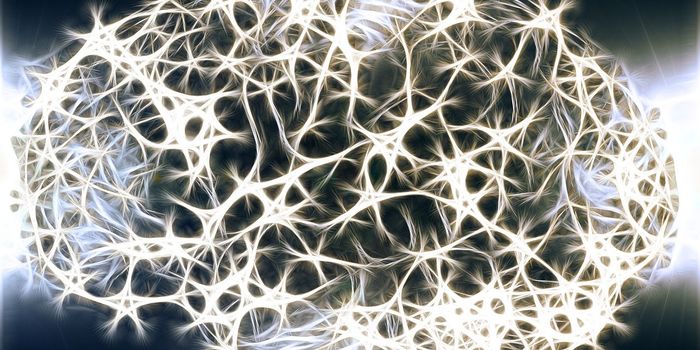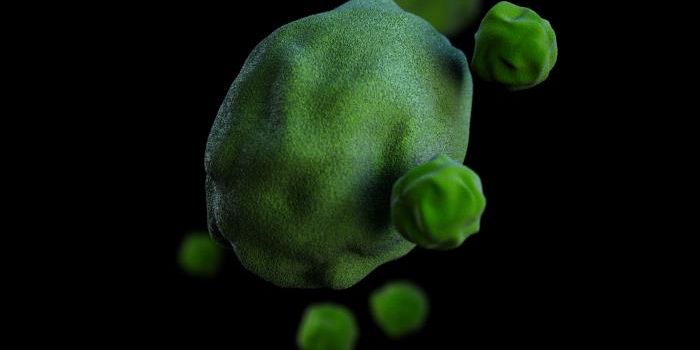New Path for Oxytocin Treatment Beyond Autism
Extensive research indicates that oxytocin treatment can be used to treat autism-related social deficits. Now, an unexpected discovery has unveiled a distinct patient population that also stands to benefit from oxytocin system research. These findings not only provide fresh insights into the therapeutic potential of oxytocin but also present a promising opportunity for researchers to study a new patient population.
In a recent study by researchers Illie and Reverot at Lyon University, France present the first proof of a clinical oxytocin deficiency. We now know individuals with arginine vasopressin deficiency also lack vasopressin's evolutionary cousin, oxytocin.
Vasopressin and oxytocin are neuromodulators/hormones essential for social interaction, controlling emotions, and forming social connections. Sometimes caused by pituitary gland disease, 36% of people with vasopressin deficiency struggle with social interactions and anxiety. Even with intranasal or oral vasopressin treatment, these individuals often experience anxiety, difficulties with social relationships, and a lack of emotional awareness.
In this Lancet study, researchers administered a single dose of MDMA to healthy individuals and those with vasopressin deficiency. The treatment increased oxytocin levels in the control group by 8.5 times, while it didn’t affect the vasopressin-deficient group. This (lack of a) response to MDMA, explains why those with vasopressin deficiencies struggle with social interactions and emotional awareness.
For years, many laboratories have bolstered their oxytocin system research with the theory that exogenous treatment could encourage positive social behavior in those with autism. Clinical trials using MDMA as an autism treatment because of it’s oxytocin-boosting effects are currently underway. These results can potentially open up new research pathways for laboratories studying the oxytocin system.
Professor Mirjam Christ-Crain, a study leader, explained, "these results therefore prove for the first time that a clinically relevant oxytocin deficiency actually exists. This finding opens up new therapeutic possibilities and could also be interesting for other diseases such as autism."
The research provides hope for those who struggle with social interactions and emotional awareness due to vasopressin deficiency, and future work from this group will likely apply techniques from oxytocin-autism research to determine whether oxytocin can improve the psychological symptoms in patients with vasopressin deficiency.
Sources: Neuroscience & Biobehavioral Review, EurkAlert!, The Lancet, Current Neuropharmacology









